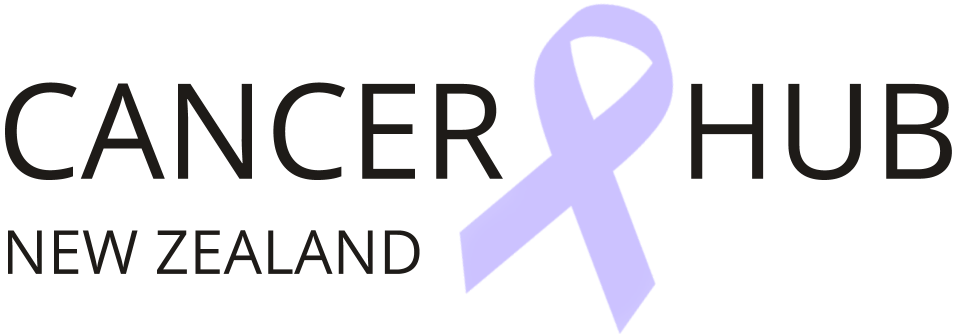| Full title: | An observational study to assess the ability of the thymine loading test to prospectively categorise patients with gastrointestinal or breast cancer who cannot tolerate fluoropyrimidine treatment |
| Cancer type: | Gastrointestinal and Breast |
| Status: | Open to recruitment |
| Brief description: | This study builds upon the first THYMINE Study. The primary objective is to assess the ability of the thymine loading test to prospectively categorise patients who cannot tolerate fluoropyrimidine treatment, in a wider patient cohort. Our second objective is to compare the thymine test to the predictive ability of a panel of known deleterious SNP in the DPYD gene. Thirdly we will look at using freshly collected buccal mucosal cells to assess inter-individual differences in 5-FU transmembrane uptake, and determine if high uptake is also associates with risk of 5-FU toxicity.. |
| Sites: | Regional Cancer and Blood Service, Auckland City Hospital |
| Lead Investigator: | Associate Professor Nuala Helsby |
| Contact: | Rebecca Hu (r.hu@auckland.ac.nz) |
| Sponsor: | University of Auckland |
| Funder: | Health Research Council of New Zealand |
| ClinicalTrials.gov reference: | ACTRN12617001109392 |
| Ethics number: | 17/CEN/149 |
| Publications: | None currently |
| Full title: | A randomised phase III study comparing trastuzumab plus docetaxel (HT) followed by 5-FU, epirubicin, and cyclophosphamide (FEC) to the same regimen followed by single-agent trastuzumab as adjuvant treatments for early breast cancer The Synergism Or Long Duration (SOLD) study |
| Cancer type: | Breast |
| Status: | In Follow-Up |
| Brief description: | This trial involves early breast cancer patients who are HER2 positive.Approximately 20% of all breast cancers express HER2. HER2-positive breast cancers are generally associated with a less favourable outcome.
Trastuzumab is a biological cancer treatment that targets HER2. Results from large prospective, randomised trials with limited follow-up have indicated that giving adjuvant trastuzumab for 12 months reduces the risk of breast cancer recurrence but this has also been associated with some cardiac problems. In a smaller trial, women received nine weekly infusions of trastuzumab with their chemotherapy. The risk of the cancer returning and the risk of dying were significantly reduced in the women who had trastuzumab. The best duration of trastuzumab for early breast cancer is currently uncertain. This trial will look at whether nine weeks of trastuzumab can be given safely with chemotherapy and if it works as well as receiving 12 months of trastuzumab. All trial patients will receive taxane and anthracycline containing chemotherapy. In addition, half of the patients will receive nine weeks of trastuzumab and half will receive 12 months of trastuzumab. Patients will be followed up three weekly during the first year and then annually for a minimum of five years. Patients will undergo regular clinical assessments and cardiac monitoring. |
| Sites: | · Auckland· Wellington
· Palmerston North · Christchurch · Dunedin |
| Lead Investigator: | Dr David Porter (Auckland) |
| Contact: | Jade Scott (j.scott@auckland.ac.nz) |
| Sponsor: | Finnish Breast Cancer Group |
| Funder: | PHARMAC |
| Trial Registry reference: | NCT00593697 (click for more details) |
| Ethics number: | MEC/12/06/067 |
| Publications: | None currently |
